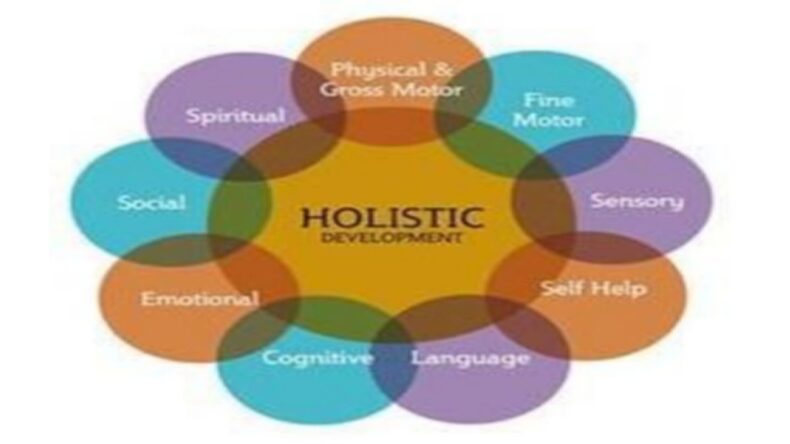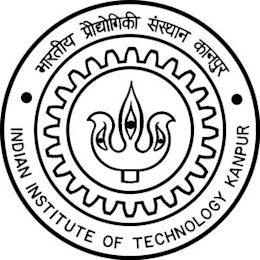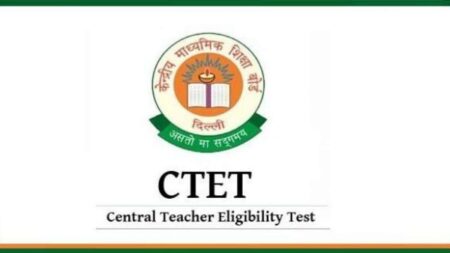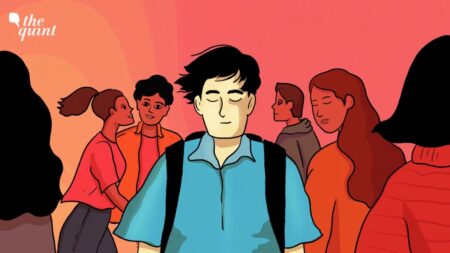Far from ago
This broad topic came into a discussion on Friday by university grants commission(UGC) chairman prof D P Singh while delivering his convocation address at the eleventh conference of the ICFAI Foundation for higher education held virtually here.
If today anyone has to imagine the world of a few centuries ago probably get devasted only by thinking how they were living at that point of time without having the internet as a much more excellent source of entertainment. In this 21st century, everything revolves with respect for each other.
Nothing is in complete isolation, so today, we can’t even imagine the earlier way of life. In this continually evolving world, a person has to be multitalented, have blur ideas about everything, or even be passionate about learning about things.
Prof Singh emphasized that higher educational institutions should focus on holistic education by inculcating human values and professional ethics.
He said, today, we are witnessing both transformations through education and change in education by our national education policy. Federal education policy design a vision and framework for school education and higher education.
There will be no boundary between arts and science, curricular and extracurricular activities, vocational and academic streams, etc., to eliminate harmful hierarchies among and silos between different areas of learning.
Addressing the crowd who were receiving graduate and postgraduate degrees, the UGC chairman asked them to join hands in the growth and development of the country. He urged the student to “establish and demonstate the highest individual standards encompassing societal, national and global skills and reputation.”
He asked them to appreciate new knowledge while maintaining noble values and ethics.
Showing concern about youth employability, prof Singh exclaimed that the national education policy (NEP) guidelines have embedded employability support into the curriculum.
Talking about unstable gender equilibrium in the workforce, he said that institutions must work with communities to address this imbalance. Gender quality is significant for growth and development.
Dr c Rangarajan, economist and the chancellor of the university, who presided over the conference, said that three dimensions, access, equality and quality, are necessary to reform higher education. The gross enrollment ratio in the country is less than the developed countries, and the issue needs to be addressed.
At the same point, it is necessary to bring underprivileged communities into the purview of education while promoting high quality in education; he said colleges and universities must be allowed to experiment and innovate.
Way forward
Talking about various states of the economy, dr .rangarajan said that the nation’s economic crisis is different as a non-economic factor has triggered it. Economies around the world suffered due to lockdown and ensuring loss of production.
The country’s GDP fell by 7.3 per cent in 2021, and the economy’s contraction impacted daily wage earners and migrant labourers the most. After contracting 244 per cent in the first quarter of 2020-21, the economy witnessed a natural growth of 20.1 per cent in the first quarter of 2021-22. But compared to 2019-20, GDP fell by Rs3.3 lakh crores, the former RBI governor said.
Dr Rangarajan was optimistic about the country achieving annual growth of 9.5 per cent as forecast by RBI and IMF but opined that the real test for the economy will be 2022-23, where a faster growth rate is needed to make up for the loss of output.
The foundation for the fastest growing needs to be laid this year. He said with the pandemic, the hope that India would be a US$ 5 trillion economy by 2025 became elusive. The economy, which was US$ 2.7 trillion in 2019, would be around the same by 2022. The country needs to grow at 9 per cent for five consecutive years to be a US4 5 trillion economy.













